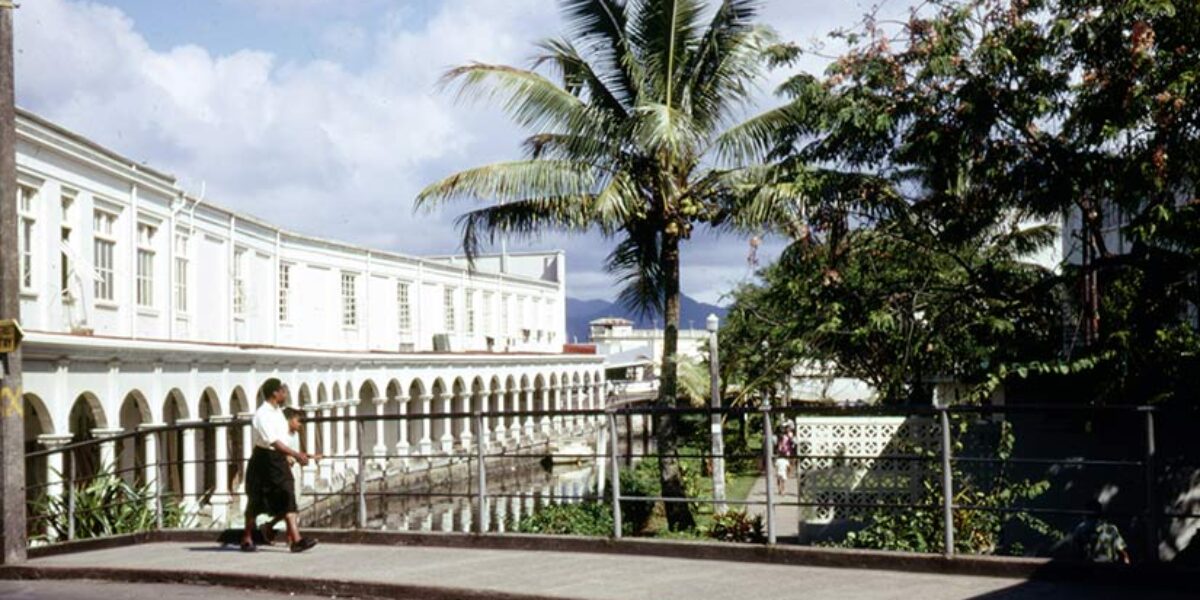New Caledonia is a small nation in the South Pacific. In the 1840s, Christian missionaries reached the Loyalty Islands, a subdivision of New Caledonia. They later translated the Bible into the three languages spoken there—Drehu, Iaai, and Nengone—and published them in 1890, 1901, and 1903.
But these Loyalty languages are still the only indigenous languages with the full Bible. None of the two dozen languages spoken on the main island of Grande Terre, including Ajië, has the full Bible.
Ajië Speakers Long for a Full Bible in Their Language
Ajië is the most widely spoken indigenous language on Grande Terre. Ajië speakers have been Christians for more than 150 years, yet they still do not have the full Bible in their language. The Ajië New Testament was published in 1922, followed by the Psalms in the 1960s. But that’s not enough. “We are Christians and we need the Bible in our own language,” said Rev. Philippe Capoa, pastor at Kanaky Protestant Church.
Thankfully, work is under way to provide them with the full Bible in Ajië. In 2014, the Bible Society in the South Pacific published a revision of the Ajië New Testament using new orthography. Now, they are working on translating the Old Testament due for completion in 2025.
Translating the Bible into Ajië ensures that this minority language won’t die with aging generations or become replaced with a main-stream language but has a chance to be preserved as God’s Word is passed on to younger generations.
Although Ajië speakers may be small in number, they deserve a chance to read God’s Word in their heart language. Your prayers can help make that happen. Join us as we pray for the completion of the Ajië Bible so these beautiful people can encounter the living God through Scripture.
Let’s Pray Together
Father, thank you for the work that is being done to translate your Word into Ajië. Strengthen the translation team, Bible Society in the South Pacific, and local churches working to deliver the Ajië full Bible. We pray that the translation of your Word into Ajië will preserve their language, culture, and most importantly their faith in the Lord Jesus Christ.





